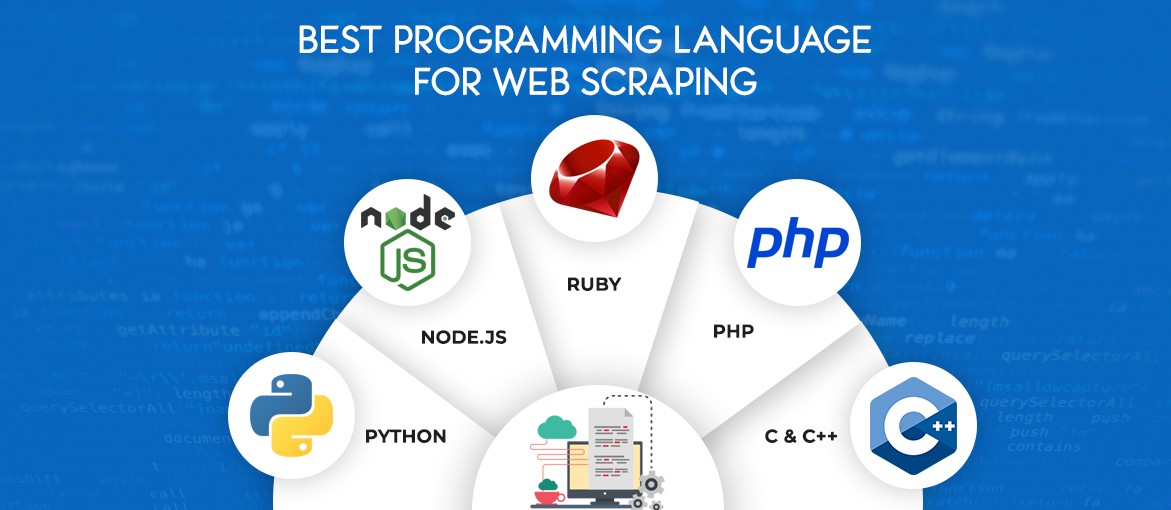
Forget Wall Street, the hottest auction block in town these days is buzzing with quantum bits instead of bids. That’s right, folks, the first-ever quantum computer auction in the US just wrapped up, leaving everyone, from tech giants to science geeks, breathless with anticipation. This isn’t your regular dusty desktop PC; we’re talking about a groundbreaking machine capable of calculations so mind-bendingly complex, they make your average supercomputer look like a flip phone in the age of iPhones.
Imagine a machine that can crack encryption codes in seconds, design revolutionary materials, and simulate the inner workings of the universe with dizzying precision. That’s the potential lurking within the metallic heart of this quantum wonder. So, who coughed up the big bucks for this technological holy grail? Well, a Canadian company called D-Wave emerged victorious, shelling out a cool $13.5 million for the privilege. Let’s just say, they didn’t get change back in nickels.
But why all the fuss? It’s not just about bragging rights (although, I’m sure D-Wave isn’t shy about showing off this shiny new prize). Quantum computers hold the key to unlocking scientific and technological breakthroughs we can only dream of today. Think personalized medicine tailored to your unique genetic blueprint, materials that bend space and time, and AI so sophisticated it might actually pass the Turing test (no pressure, Siri!).
Of course, the road to quantum supremacy is paved with technical hurdles the size of Mount Everest. These fragile machines are as temperamental as toddlers with jetpacks, requiring near-absolute zero temperatures and a delicate balance of qubits (the quantum equivalent of bits) to perform their magic. But if D-Wave can crack the code and unlock the full potential of this technology, we could be witnessing the dawn of a new era – one where the impossible becomes not only possible, but commonplace.
And here’s the cherry on top: this auction isn’t just about D-Wave’s shiny new toy. It’s a shot in the arm for the entire quantum computing industry. It proves there’s serious money on the table, attracting investors and talent like moths to a flame. Suddenly, quantum computing isn’t just a science fiction fantasy; it’s a billion-dollar business with real-world applications just around the corner.
So, the next time you scroll through your newsfeed and stumble upon this seemingly dry headline, remember – it’s not just about a fancy computer selling for a ridiculous price. It’s a glimpse into a future where the limitations of our imagination might finally meet their match. Buckle up, folks, the quantum revolution is here, and it’s bidding to change the world, one qubit at a time.




